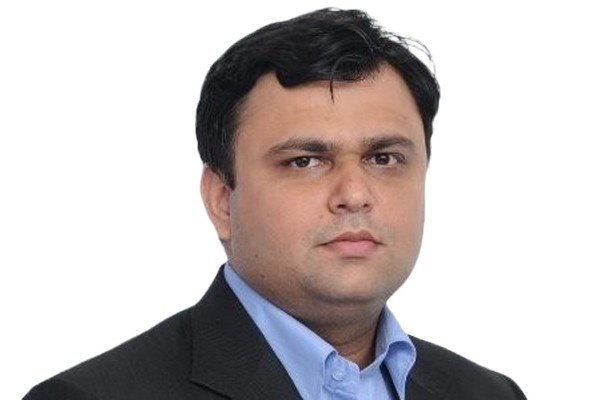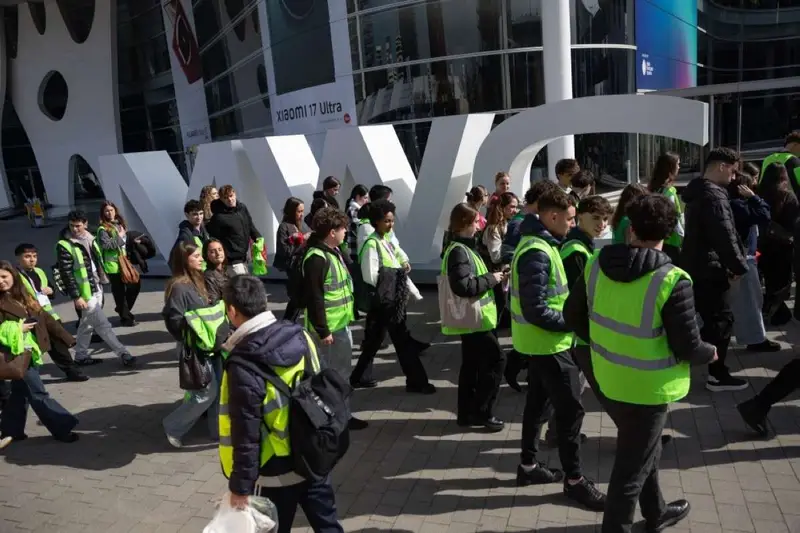In the Middle East, artificial intelligence (AI) has transcended being just a technological tool; it is now integral to national visions and economic reinvention. Sahil Dhawan, Head of India, Middle East, and Africa Business at Tech Mahindra, highlights that AI is reshaping how nations strategize, compete, and grow—from Saudi Arabia’s Vision 2030 to the UAE’s We the UAE 2031, where AI is central to diversifying economies and reducing oil dependence.
The Tech Adoption Index, a report analyzing insights from over 1,000 global C-suite leaders, reveals a shift away from isolated technology adoption to integrated ecosystems where AI, cloud, cybersecurity, and advanced connectivity converge. This fusion is enabling sectors to modernize operations and redefine value delivery, accelerating the region’s transition to knowledge-based economies.
AI’s Strategic Impact Across Key Sectors
- Energy: AI is revolutionizing oil and gas by improving exploration accuracy through machine learning on seismic data, and deploying carbon intelligence platforms for emissions monitoring. Saudi Aramco’s investments showcase AI as a critical enabler in the transition to sustainable energy, moving beyond traditional extraction to intelligent, cleaner operations.
- Manufacturing & Logistics: Initiatives like NEOM’s Oxagon illustrate AI-powered hyper-automated industrial cities. AI technologies such as real-time diagnostics, adaptive robotics, generative AI simulations, and digital twins optimize factory workflows and supply chains. These advances support local manufacturing, supply chain resilience, and industrial sovereignty across the Gulf.
- Entertainment & Tourism: With Saudi Arabia attracting over 100 million visitors in 2023, AI is enhancing visitor experiences through multilingual virtual guides, personalized itineraries, and real-time crowd management. AI-curated museums and interactive exhibits amplify cultural storytelling, transforming tourism from mere footfall metrics to immersive, personalized journeys aligned with the region’s soft power ambitions.
- Healthcare: AI-driven transformation is shifting care from reactive to proactive and personalized. Smart hospitals in Abu Dhabi and Dubai utilize AI for diagnostic imaging, robotic surgeries, and patient flow optimization, reducing diagnostic errors. Wearables and AI-enabled apps empower remote monitoring and early interventions, crucial for managing chronic diseases. AI supports value-based care by centering patient outcomes.
Looking Beyond 2030
AI’s future in the Middle East will emphasize autonomy, ethics, and alignment with local cultures and languages. The UAE’s National AI Strategy aims for global leadership by 2031, while Saudi Arabia’s SDAIA targets AI contributing 12.4% to GDP by 2030.
To achieve these ambitions, regional stakeholders must prioritize:
- Large-scale AI upskilling for youth and professionals.
- Robust data governance frameworks ensuring secure, responsible AI use.
- Public-private partnerships fostering local AI startups and research ecosystems.
AI as Architect of a New Economic Era
The Middle East’s AI narrative is evolving from mere automation to economic reinvention. AI is not only accelerating traditional processes but redefining how sectors operate—from oilfields to hospitals, factories to cultural hubs.
As the region transforms from oilfields to idea-fields, AI emerges not just as the engine but as the architect of its future.















